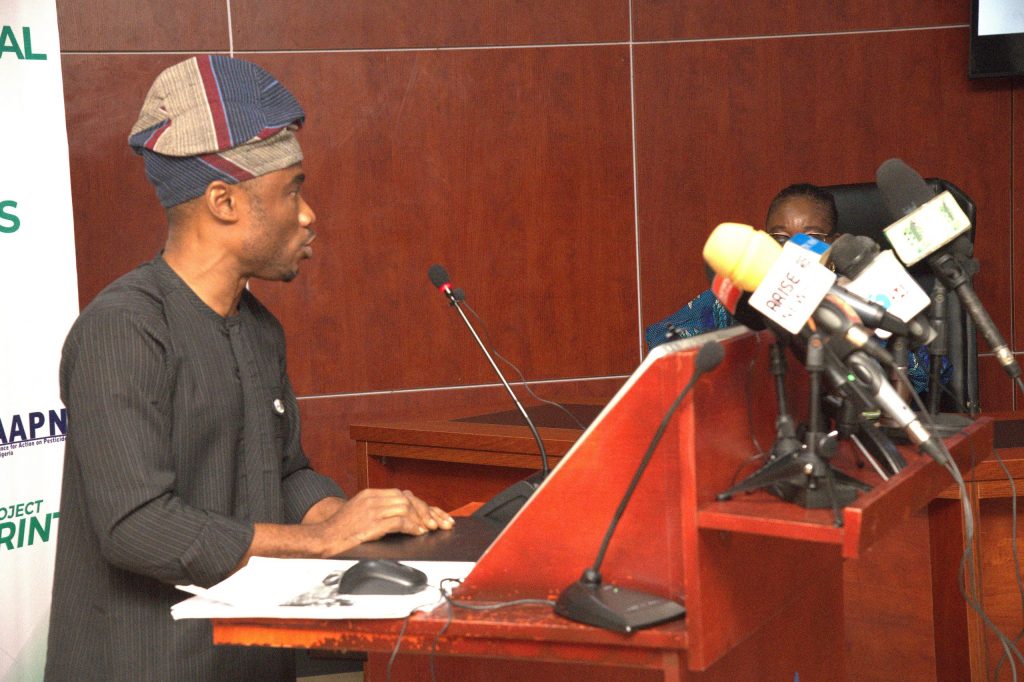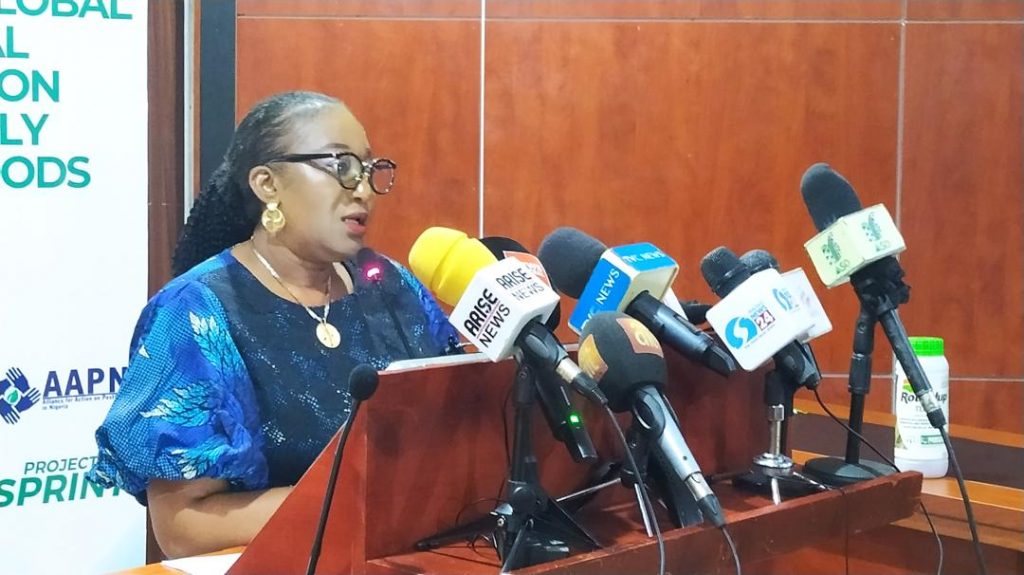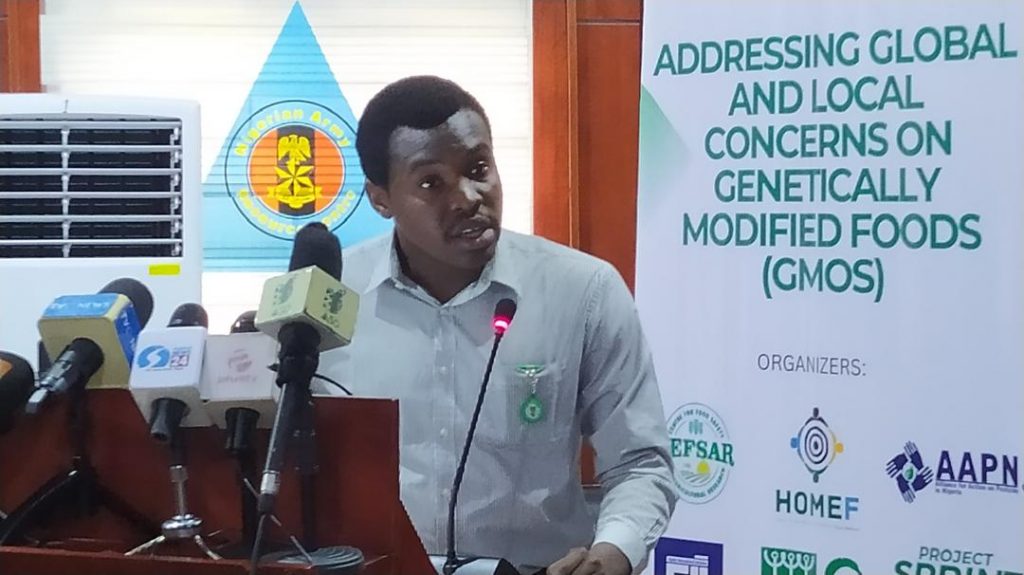A recent World Press Conference that took place in the Federal Capital Territory, brought together a diverse group of stakeholders including scientists, environmental activists, policymakers, and representatives from the agricultural, health and other sectors with the presence of about 15 media houses to discuss and openly scrutinise as well as disclose the many concerns of GMOs both globally and locally. Here are some key highlights from the conference, focusing on the concerns about GMOs:
1. Health Risks and Safety Concerns: Different Speakers shared on how they are insufficient long-term research to fully understand the health impacts of consuming GMOs, raising concerns about potential unforeseen consequences, potential risks of increased allergenicity and toxicity in GMO foods were also discussed, with a call for more stringent testing and labelling requirements.
2. Environmental Impact: Concerns were raised about the impact of GMOs on biodiversity, including the potential for GMO crops to crossbreed with wild relatives, leading to the loss of natural plant varieties. also, the issue of pesticide-resistant weeds and insects were highlighted, with the speakers pointing out that GMOs designed to be pesticide-resistant can lead to increased use of chemicals, harming the environment and human health.

3. Economic and Social Issues: There were strong points raised about the concentration of control over the seed industry in the hands of a few large biotech companies, which can lead to increased costs and reduced seed sovereignty for farmers. Also, concerns were expressed about the impact of GMOs on small-scale and organic farmers, who may face contamination of their crops and loss of income due to market rejection of GMO products.
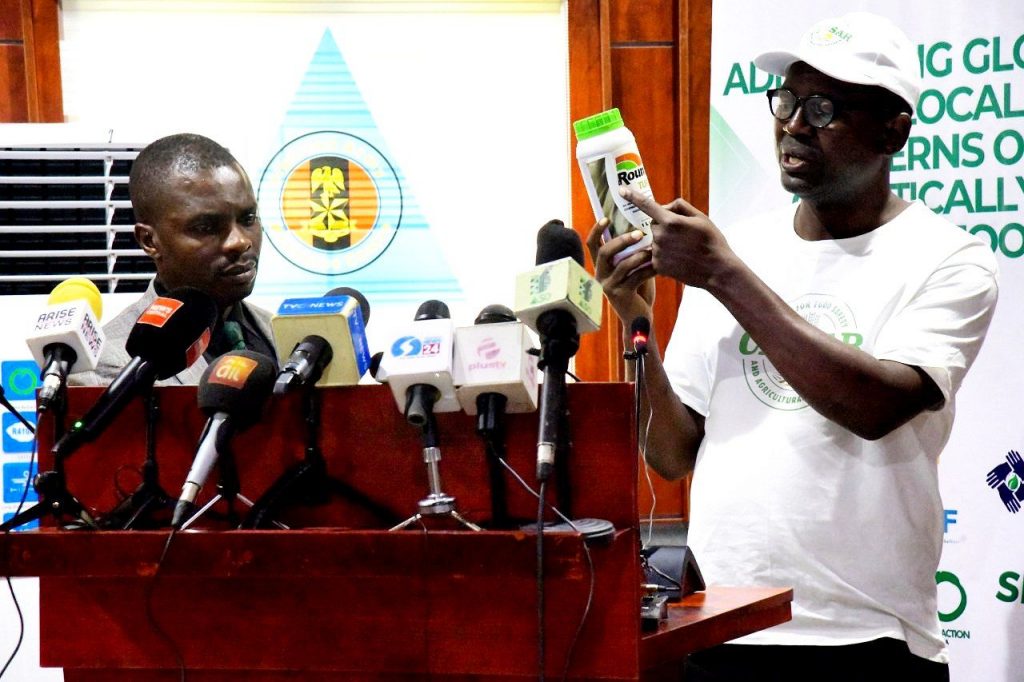
4. Regulatory and Ethical Concerns: The speakers also highlighted the lack of transparency as the regulatory processes for approving GMOs are often influenced by corporate interests rather than public health and safety concerns. In the same light, ethical concerns were also raised about manipulating the genetic makeup of organisms, with some stating that it goes against natural processes and raises moral questions about human intervention in nature.

5. Public Perception and Trust: The conference highlighted the widespread public distrust of GMOs, fuelled by misinformation and a lack of clear, unbiased information from credible sources. There was a strong call for mandatory labelling of GMO products to ensure consumers have the right to make informed choices about what they eat.

6. Alternative Solutions: Many speakers advocated for alternative agricultural practices such as agro-ecology, which emphasise biodiversity, sustainability, and the use of traditional farming knowledge. Also, there was a call for Increase in support for organic farming was urged, highlighting its benefits for health, the environment, and local economies.
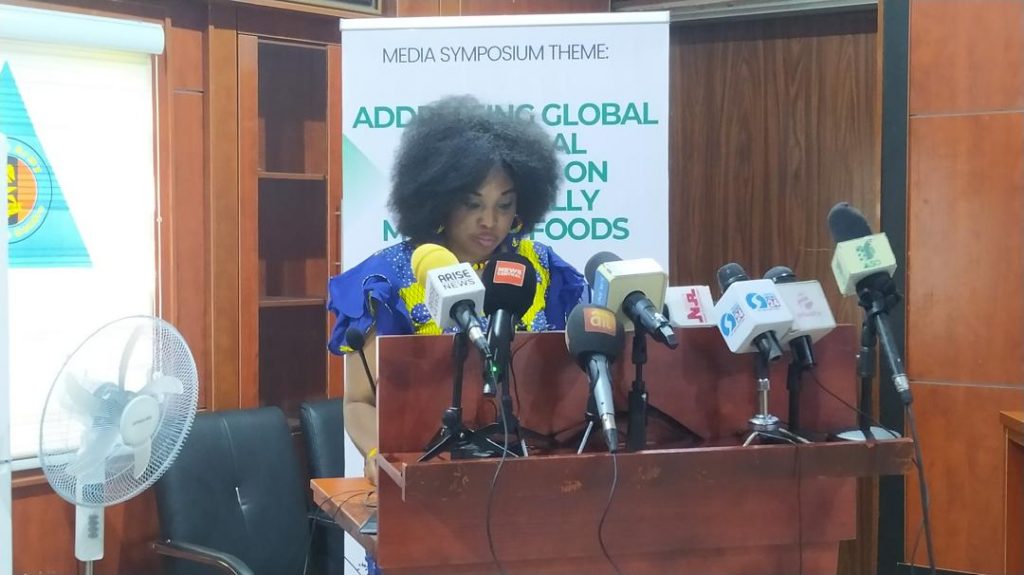
The conference concluded with a strong call for increased research, greater regulatory oversight, and more transparent communication with the public to address the complex and multifaceted concerns surrounding GMOs.
